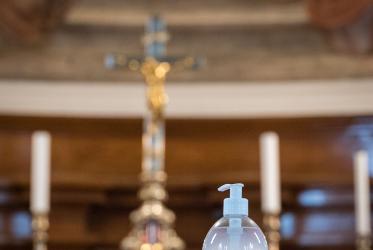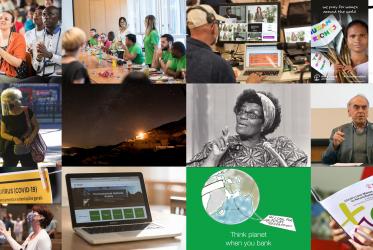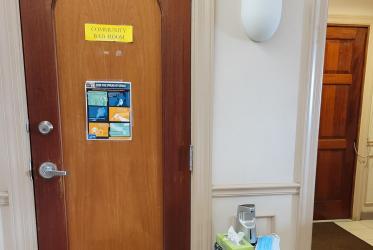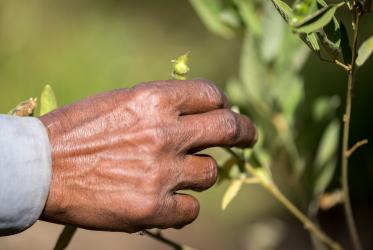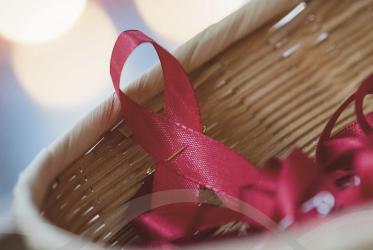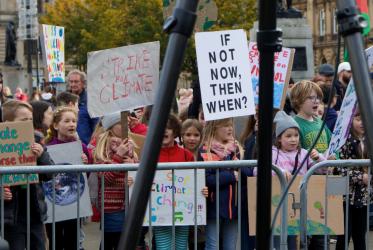Displaying 141 - 160 of 660
“Bathroom ministry” for the homeless
14 December 2021
WCC invites webinar on ’Racism, Land and Food’
09 December 2021
Protecting Ethiopia’s church forests
27 October 2021
Climate crisis fuels existing water injustice
27 October 2021
WCC consultation reflects on future of health ministry
15 October 2021


